The 8th International Conference on RiTA
Robot Intelligence Technology and Applications
In conjunction with EUREKA Eisteddfod Roboteg, the first Robotics Expo in Wales
In conjunction with EUREKA Eisteddfod Roboteg, the first Robotics Expo in Wales
6 papers will be selected from the accepted and presented papers, and the authors of these papers will be invited to extend their paper and submit to the Special Issue on Advances in Computational Learning in Robotics on PeerJ Computer Science (IF 3.1, JCR Q1 in Computer Science); and another 5-6 papers will be selected and invited for the special issue on Journal of On the Horizon. All the papers invited and submitted to the Special Issues will be going through another round of peer-review process handled by the SI Guest Editors.
A PeerJ Award will be granted to the winner of the Three-Minutes Thesis (3MT) Competition. The award winner will be given an opportunity to be highlighted in an interview on PeerJ blogs, and receive a free publication (waived APC) in any of the PeerJ journals (subject to peer review). Just bear in mind that the winner of the PeerJ Award can still submit a paper to Special Issue on Advances in Computational Learning in Robotics on PeerJ Computer Science, if submitting before the SI deadline 31th March 2021. Also, the title and abstract of this paper should be sent to Dr. Pengcheng for confirmation before submitting it to the system.
Under the theme of this year’s conference in Cardiff, “Ready, willing and able for Robot Intelligence Tech & Apps?”, the International Conference on Robot Intelligence Technology and Applications (RiTA) 2020 aims to serve as a platform for academics, researchers, government & policymakers, experts, industrial practitioners and other relevant stakeholders in the dissemination of new knowledge on RiTA fundamental research, design & developing RiTA, working & living with RiTA, and shaping RiTA for ethical and legal governance.

“READY, WILLING AND ABLE FOR ROBOT INTELLIGENCE TECH & APPS?” EUREKA Robotics Lab United Kingdom
Machine learning
Cognitive modeling of agent systems
Probabilistic and uncertain
Multi-criteria decision making
Task scheduling
Memory management
Fuzzy reasoning
Reasoning strategies Brainmodels/cognitivescience
Other aspect of Cognitive Robotics
Intelligent interactive technology
Human-robot interaction
Human-machine interface/integration
Teleoperation/ telerobotics/ haptics Human biology and biomechanics
Markets and computational societies
Interface design and assessment
Chatbot
Socialrobotics:model & implementation
Other aspect of Service & Social Robotics
Kinematics/dynamics/control
Task/motion/trajectory planning
Mobile/humanoid/micro/nano robotics
Neuroscience based control
Neurobotics
CPG-based control
Physiologic signals integrated robot control
AmbientIntelligence
Sensor integration/fusion/perception
Multisensor data fusion
Navigation/ SLAM/ localization
Distributed intelligent algorithms and techniques
Ubiquitous computing
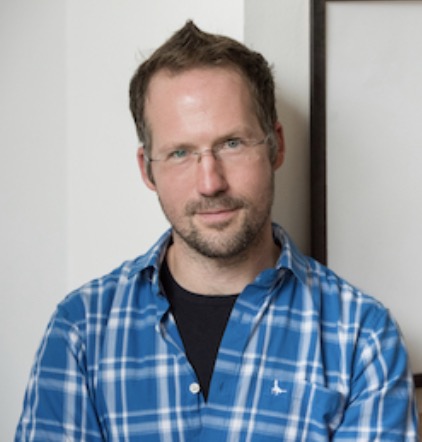
Robots Thinking Fast and Slow
Deputy Director (founding) of the Oxford Robotics Institute, University of Oxford. Driven by an early passion for AI and machine learning in robotics, Ingmar read Electronic Systems Engineering at Aston University before joining Oxford's Department of Engineering Science. He now leads the perception and planning work within the Mobile Robotics Group (MRG). His expertise lies in the design and implementation of machine learning methods that enable an autonomous agent to interpret complex, dynamic environments in a way which permits robust decision-making, planning and exploration on-line and in real-time. His research tackles questions such as: what semantic information can be inferred about the environment the robot has traversed (e.g. what type of structures and objects can be found? What type of terrain is it travelling on?) and how this knowledge can feed into the decision-making process of an autonomous agent. Ingmar's work is frequently covered in the national and international press. Ingmar's work is frequently covered in the national and international press. In 2014 Ingmar co-founded Oxbotica, a leading provider of mobile autonomy software solutions. https://oxforduni-des-website.azurewebsites.net/people/ingmar-posner
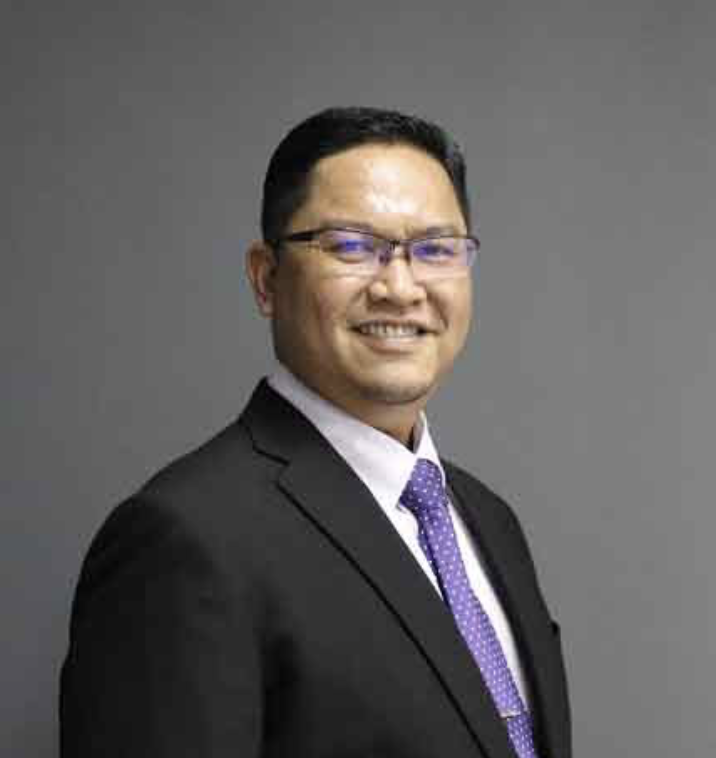
Robotics Role in Digital Transformation and Business
The Founder, Board of Director and Group Chief Executive Officer of Robopreneur Sdn Bhd (Ltd). With more than 18 years experience in robotics research and development, Hanafiah is not only an academician, researcher, innovator, game changer and well describe as a symbolic of an emerging role that is the key to achieving corporate-wide adoption of robotics technology in business. He holds PhD in Information Science from Nagoya University Japan specializing in humanoid robot. Hanafiah also holds prominent position in robotics community such as Chairman of IEEE Robotics and Automation (RAS) Malaysia Chapter, Visiting Professors in some international universities and well known among robotics scientists and researchers.
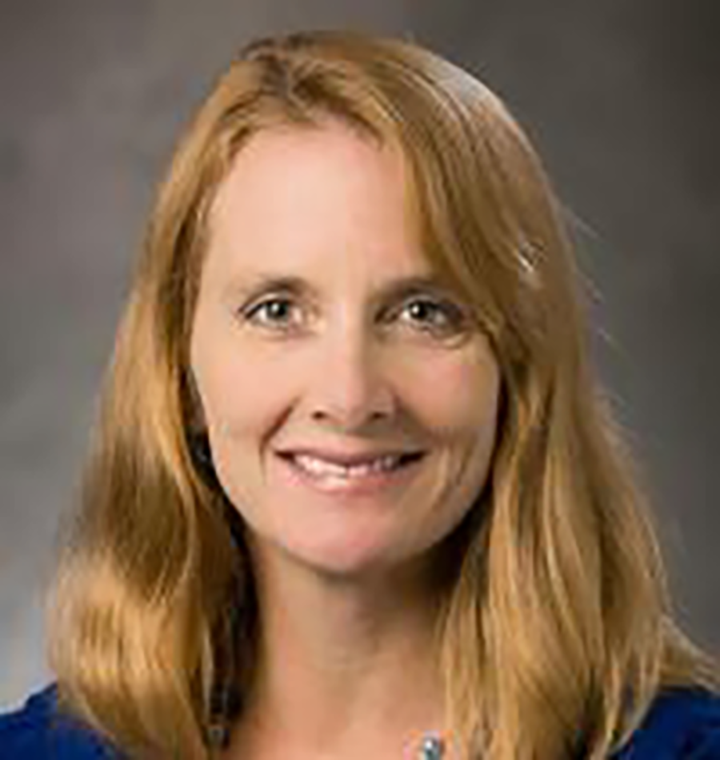
The Good, the Bad & the Ugly of Machine Learning
A lady Robotics Professor in the Duke University Pratt School of Engineering, the Duke Institute of Brain Sciences, and is the director of the Humans and Autonomy Laboratory and Duke Robotics. She received her Ph.D. in Systems Engineering from the University of Virginia in 2004. She was a naval officer and military pilot from 1988-1999, and was one of the Navy's first female fighter pilots. Her research interests include human-unmanned vehicle interaction, human-autonomous system collaboration, human-systems engineering, public policy implications of unmanned vehicles, and the ethical and social impact of technology. She is an American Institute of Aeronautics and Astronautics (AIAA) Fellow, a member of the AIAA Board of Trustees, the Defense Innovation Board, and the Veoneer, Inc. Board of Directors. https://pratt.duke.edu/faculty/missy-cummings
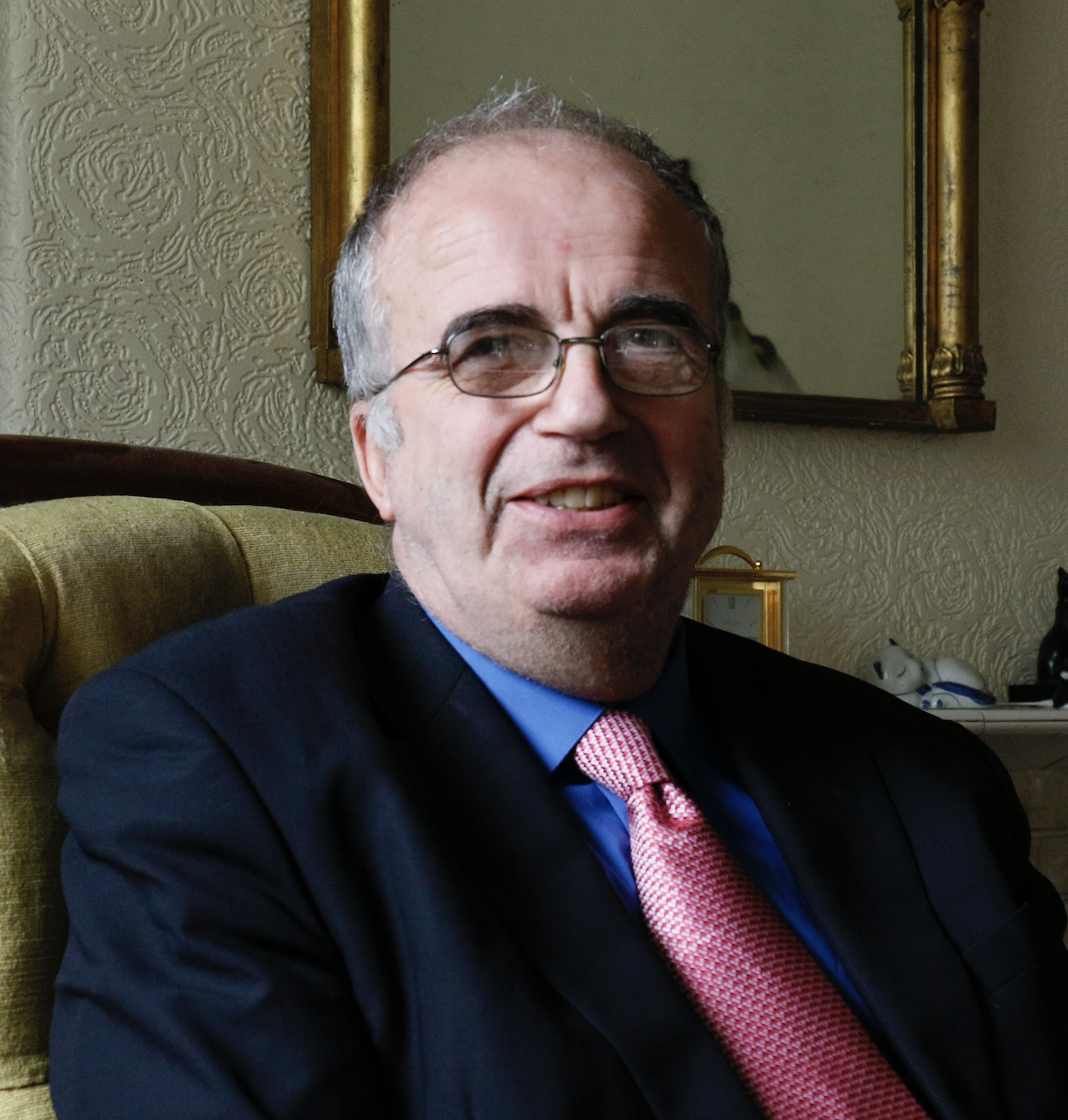
Horses (or Robots) for Courses: Robotics and education
Beijing Normal University
A Professor in Institute of International and Comparative Education, Beijing Normal University. He is the Treasurer of the World Council for Comparative Education Societies (2000-date) and the Chair of World Education Fellowship GB (1996-date). After graduating in Cambridge Engineering, David Turner became a science teacher in secondary schools for nine years, before moving into teaching in higher education. He has taught in a variety of higher education institutions, teaching comparative education at the University of London Institute of Education before moving to, South Wales and Beijing Normal University. He has wide-ranging interests in the field of Education Studies. His book, Theory of Education, presented a novel approach to viewing education as a complex system, which is shaped by the choices that individuals within the system make. He believes that the role of theory in education is to provide a coherent and stringent critique of policy, and by that means to provide a framework for improving educational institutions. He is critical of much current policy in education, including the desire to see institutions ranked in league tables. David is also the Academician of the Academy of Social Sciences (AcSS) and Fellow of the Royal Society for Arts, Manufacture and Commerce (RSA) (1999-date). His insights in educational robotics would be impactful.
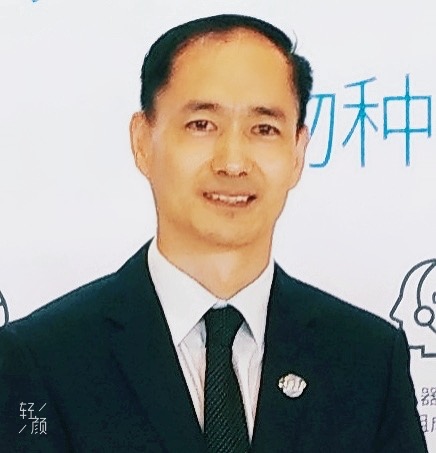
The World Most Advanced Social and Service Robots
The Director of Overseas Business Department, BeiJing Canbot Technology Co., Ltd., and ShenZhen JustGood Technology Co.Ltd., the strategic partner of EUREKA Robotics Lab, Cardiff School of Technologies. The robotics company is the first ISO9001 certified service robotics enterprise in China and is elected to be CHINA TOP10 robots by Ministry of Industry and Information in China (more bio to come).
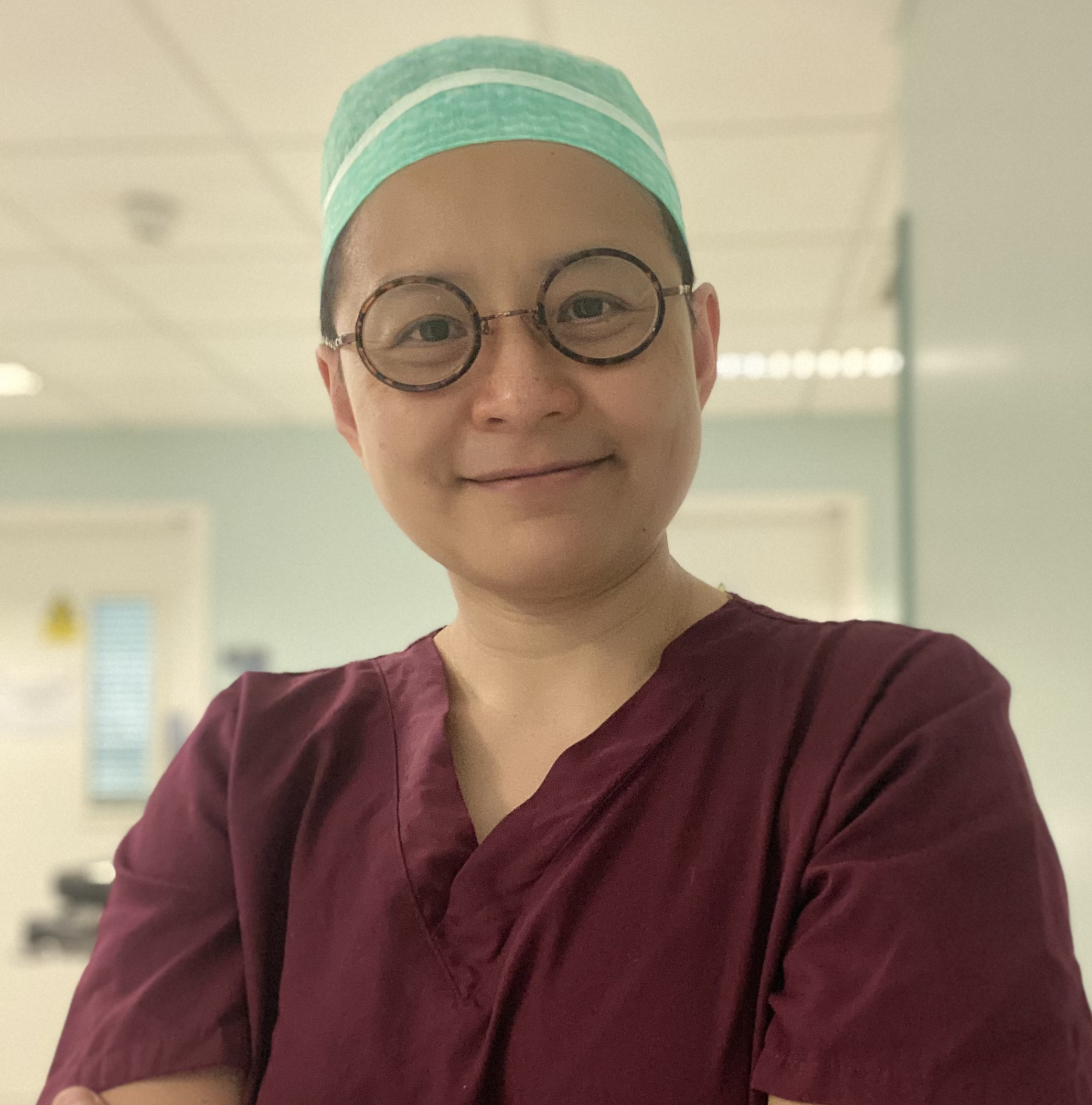
Head and Neck Surgery on the Robotic Platform
The only Certified Robot Head and Neck Surgeon in NHS Lancashire, Cumbria, and Manchester
Consultant Head and Neck Surgeon, East Lancaster Hospital, NHS Trust (UK National Health Services). She was appointed to the Royal Blackburn Teaching Hospitals in July 2016.She has an extensive educational background with a doctorate in Medicine (University of Liverpool) in the area of Head & Neck Cancer Survivorship and Quality of life. Before undertaking her current post, she worked as a Fellow of Head & Neck Oncology & Reconstructive Surgery at the University of Maryland Medical Center, Baltimore, USA. Her specialised area in oral & maxillofacial surgery is Head & Neck Cancer and Reconstruction, and in particular, robotic surgery. She has successfully established the Head and Neck robot service in her current hospital, and is the only certified robot head and neck surgeon in Lancashire, Cumbria, and Manchester. She has widely published her work in scientific peer-reviewed journals, for which she has received awards and research grants. She is dually qualified in Dentistry from University of Malaya, and in Medicine from Guy's, King's and St Thomas' School of Medicine, University of London. She completed her Oral & Maxillofacial Surgery specialist training from the London, and Kent, Surrey and Sussex deaneries. During her training, she spent a year in Otolaryngology-Head & Neck Surgery and completed the Diploma of Otolaryngology, Head & Neck Surgery, Royal College of Surgeons. She was a Clinical Research Fellow at the Head & Neck unit, Aintree University Hospitals and undertook a Doctorate in Medicine (University of Liverpool) in the area of Head & Neck Cancer Survivorship and Quality of life.

Three Minute Thesis challenges doctoral candidates to present a compelling spoken presentation on their research topic and its significance in just three minutes. Background: ®3MT is an academic competition developed by the University of Queensland, Australia. Its success has led to the establishment of local and national competitions in several countries.
To expose our doctoral research projects to a wide society, the School of Technologies 3MT will be held in conjunction with the 8th International Conference on Robot Intelligence Technology and Applications (RiTA) this December. The PhD participants are encouraged to submit a research paper (in areas related to Robotics & AI) to RiTA. Accepted paper will be published on the conference proceeding.
Participant register here. Deadline for participants to register is 30th November 2020.
Video show: UK National 3MT 2020 Final
Anyone is welcome to register as an audience member – please register here by 6th December 2020
High quality papers are welcomed to submit.
Submit Your Research Contribution and Innovative Work via EasyChair
Paper Template (.zip File)
SubmissionDue to the COVID-19 situation in the UK, mostly likely the RiTA2020 will be affected by the ongoing pandemic, We decided to postpone the original schedule, we apologize for any inconvenience:
1. The deadline of paper submission is postponed to 15th Oct; Notification of Acceptance from the 1st – 15th Nov; and final manuscripts on the 30th Nov.
2. We are making our best to possibly turn the RiTA2020 to full online.
Deadline of Paper Submission
Notification of Acceptance
Final Manuscript due
Deep learning, Deep neural networks, Image understanding, Natural language processing, Speech, voice, text recognition, Expert systems, Reasoning & Inference Planning, video and data transmission / processing for robots, action & gesture recognition for robots.
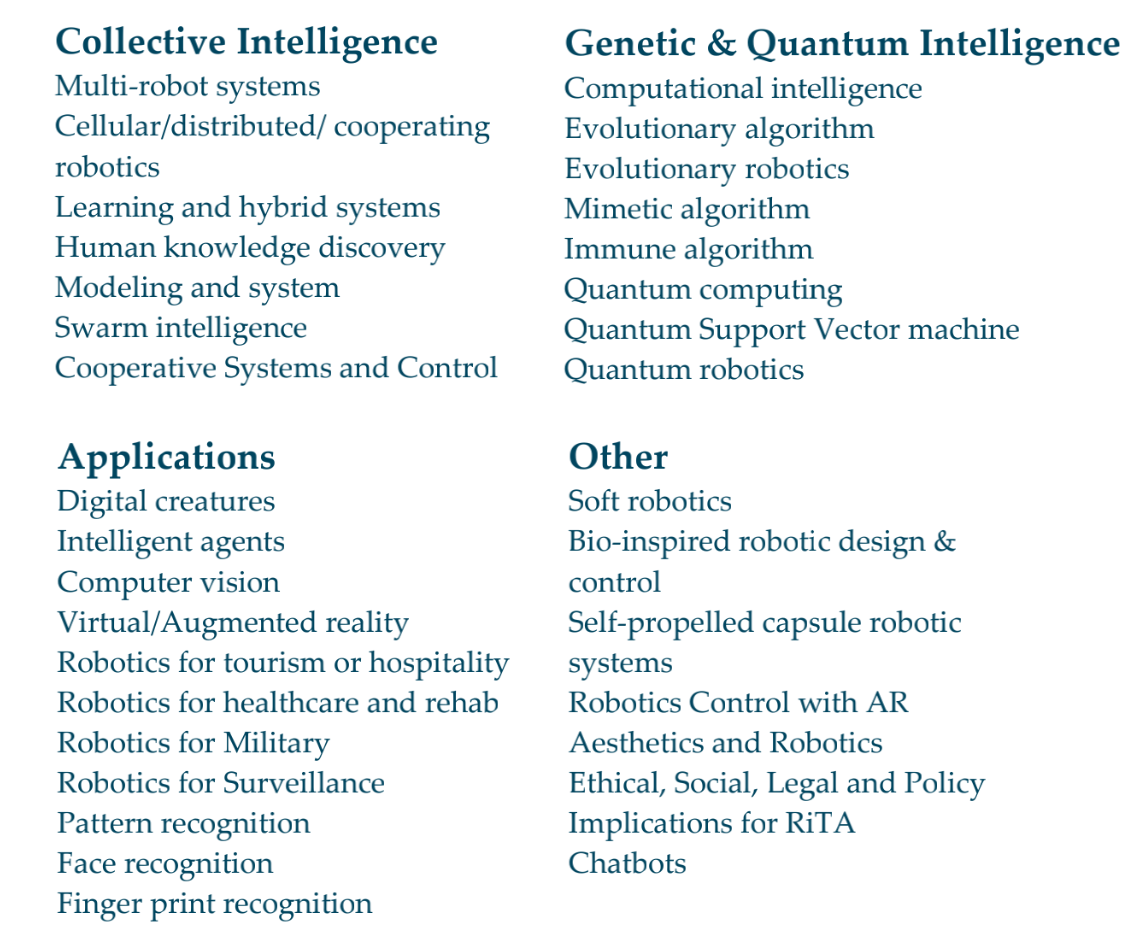
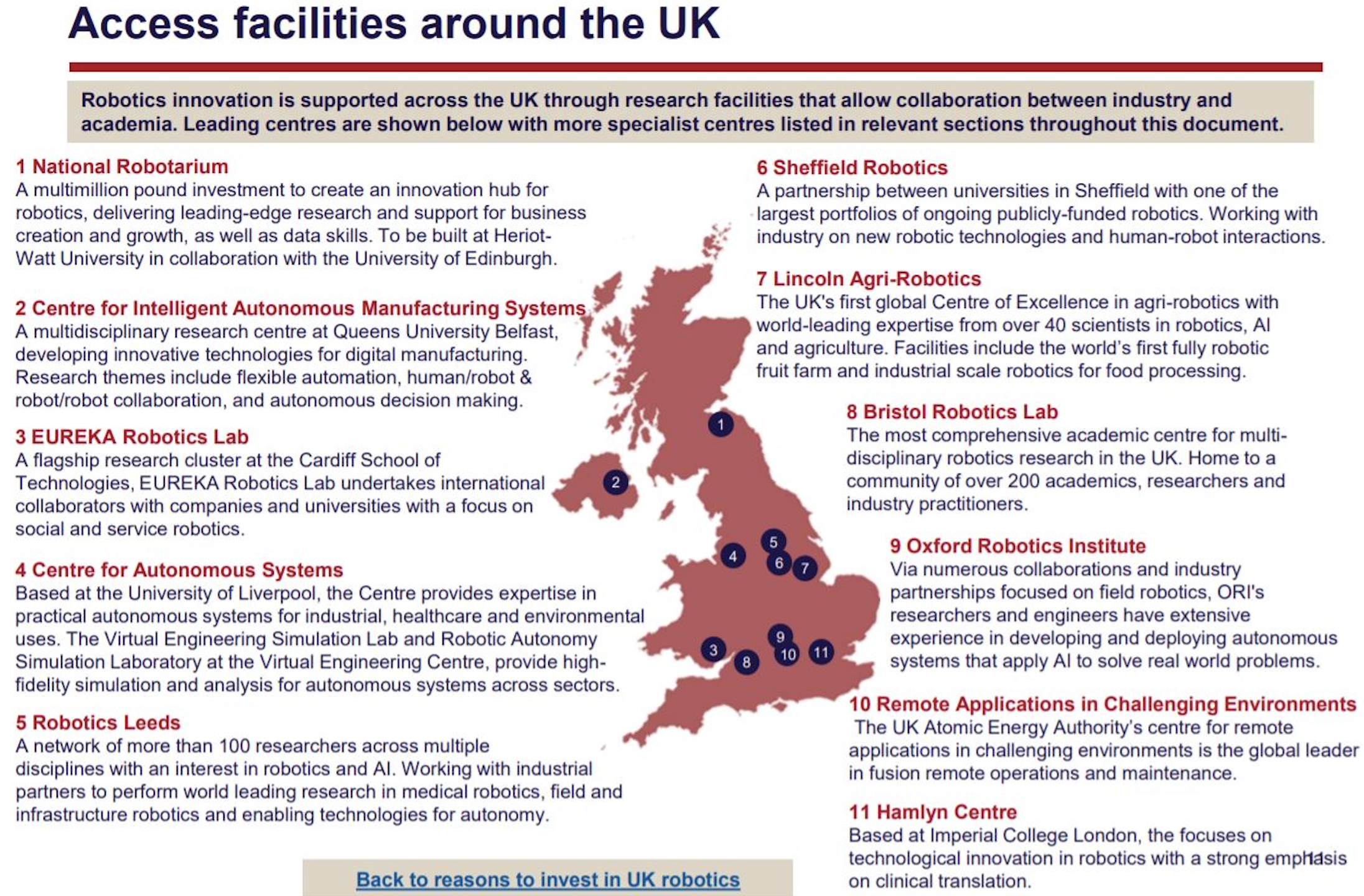
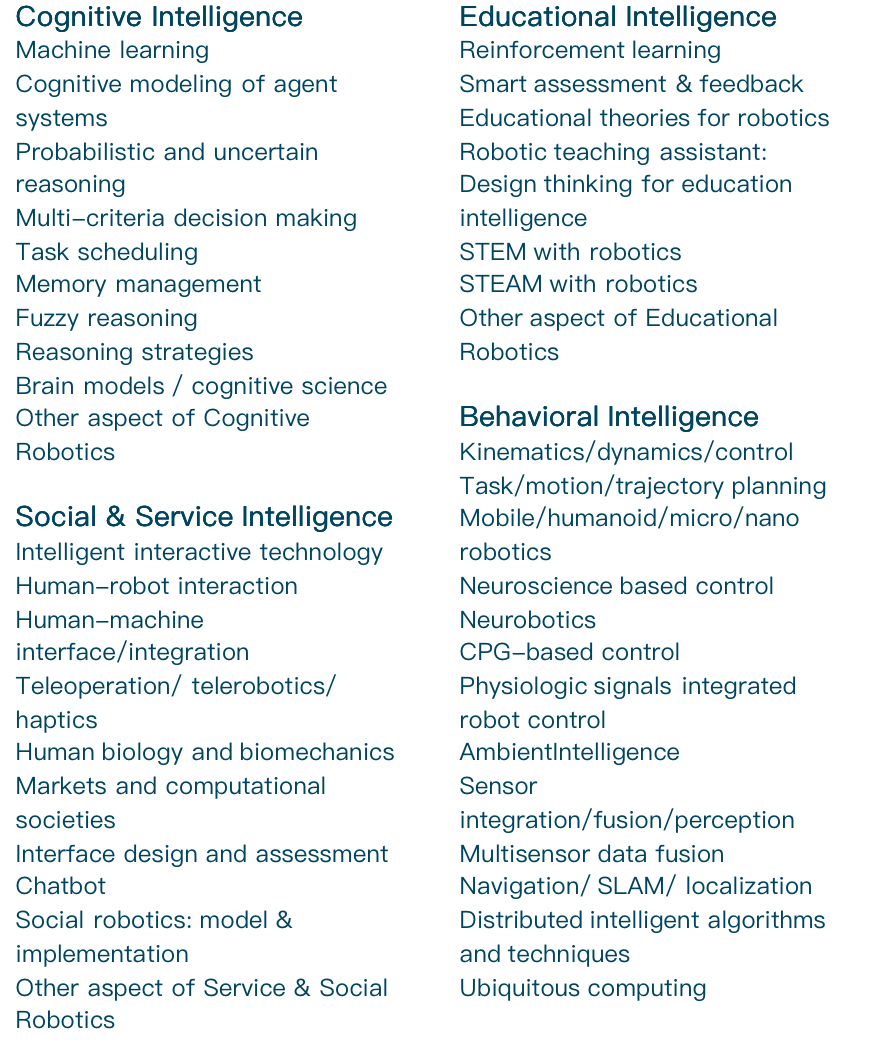
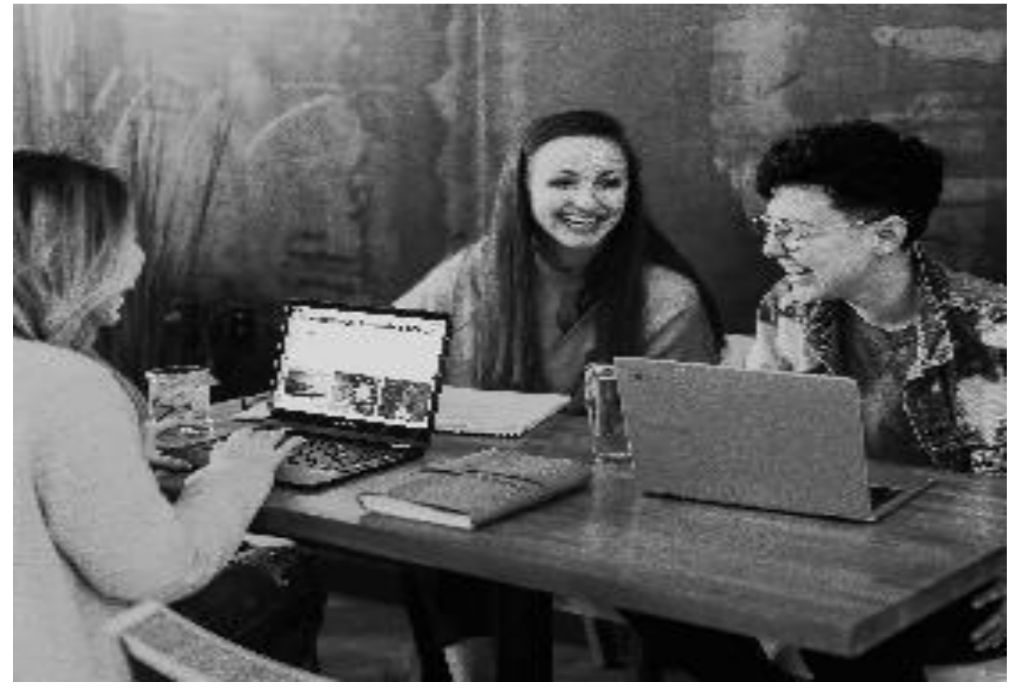
.png)
All accepted and presented papers will be submitted to the following possible conference publication venue: Springer Nature LNME or CCIS proceedings on Scopus. Extended version of conference papers from the RiTA 2020 with at least 50% new content are welcomed to submit to the following possible journals: PeerJ Computer Science and On the Horizon (Scopus (TBC) & ESCI- indexed).

Cardiff Metropolitan University
Llandaff Campus
Western Avenue , Cardiff , CF5 2YB
Phone: +44029 2041 6070